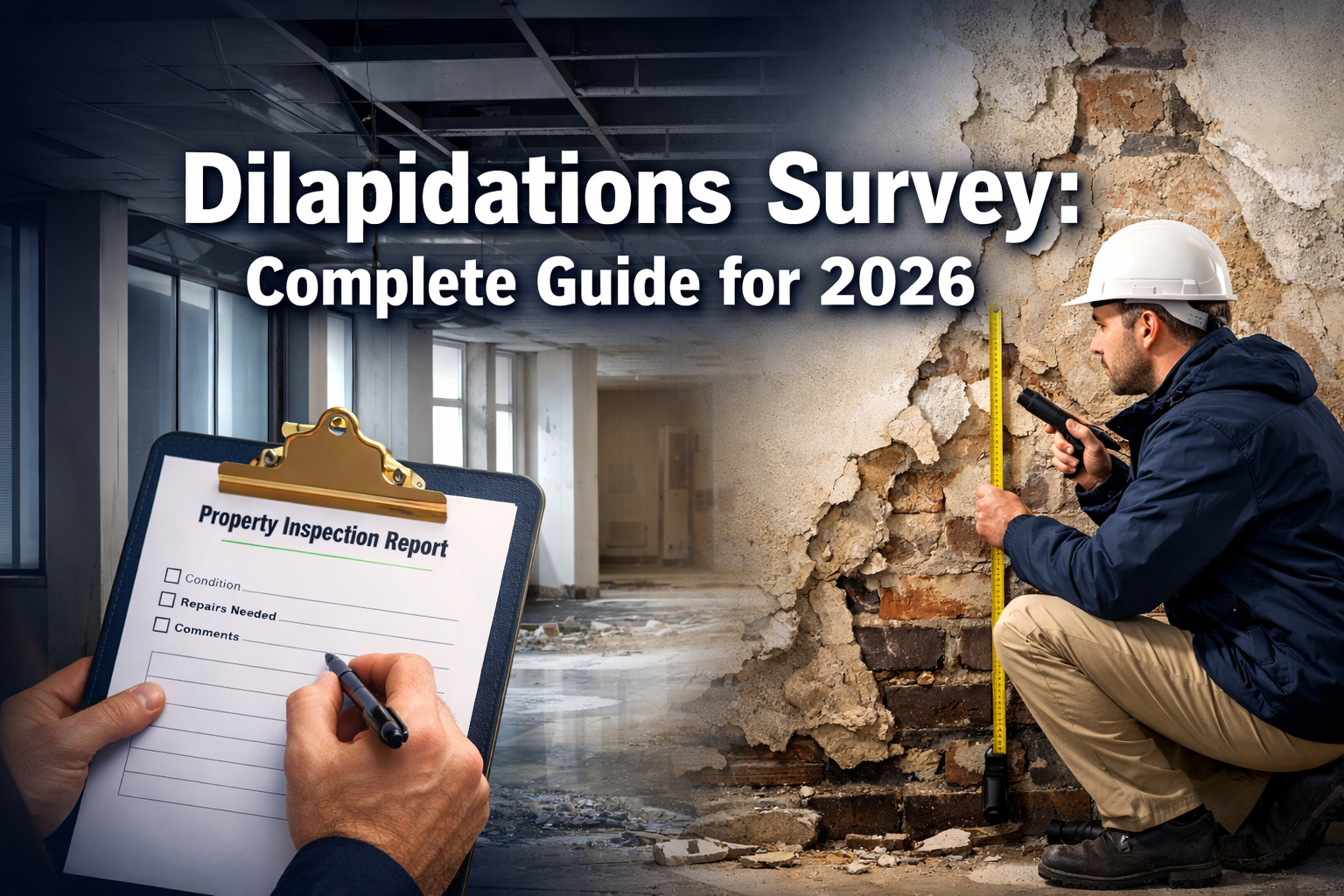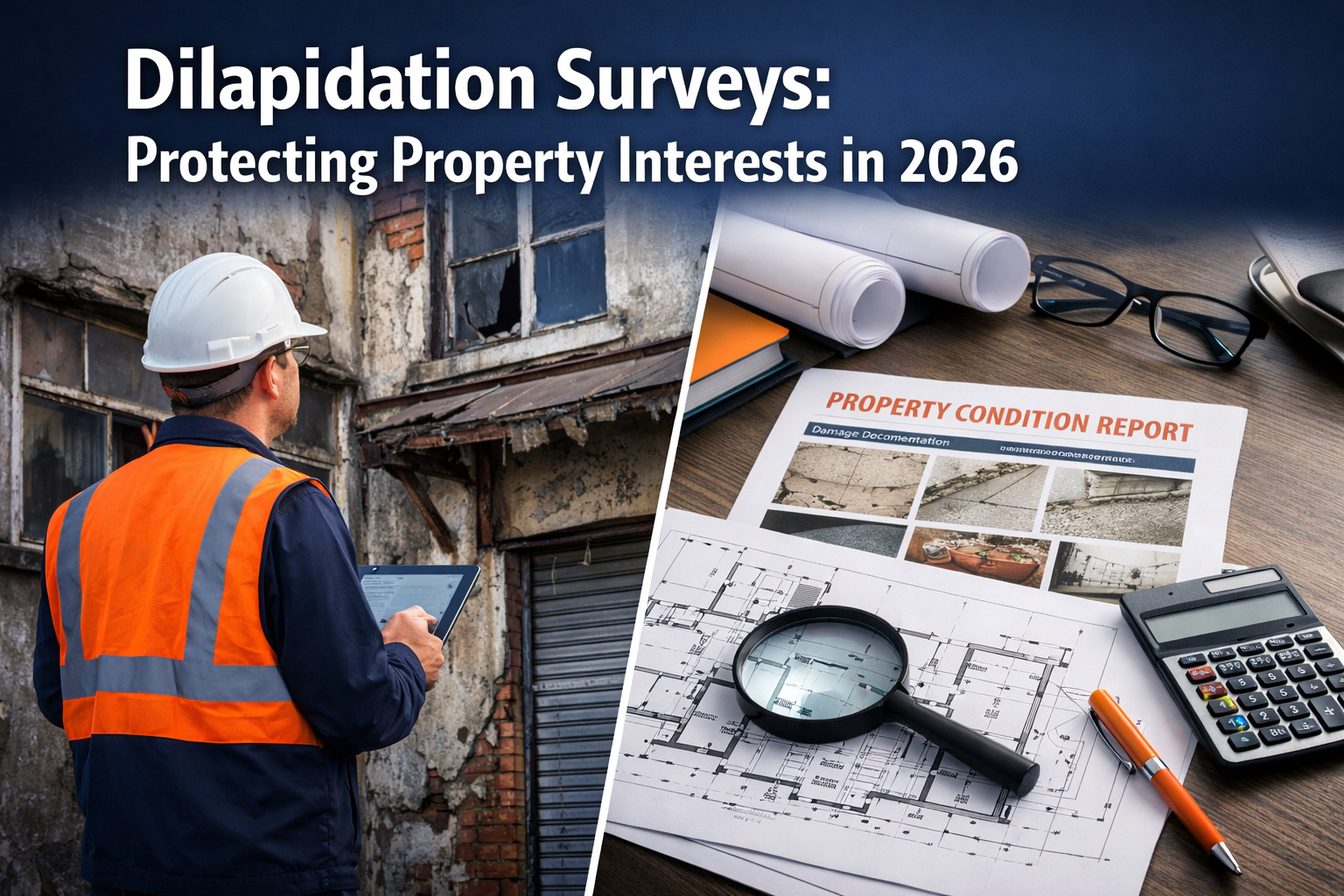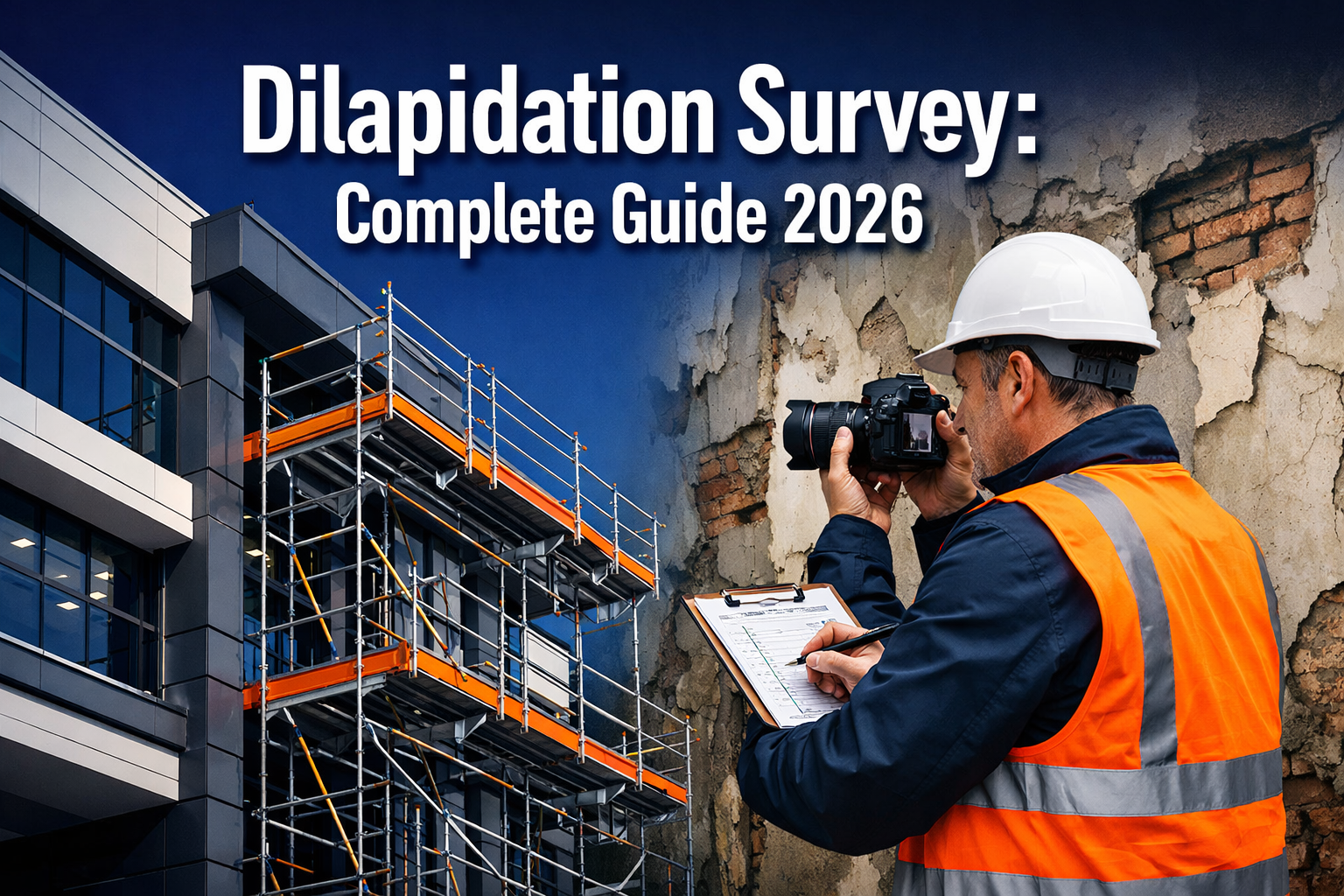Rent Review
- Home
- Rent Review
Canterbury Rent Review
Commercial properties in Canterbury undergo a standard procedure called rent review, in which the property owner and tenant can renegotiate the terms of the rental agreement. The most typical intervals for doing this are every three or five years. As Canterbury and its surrounding vicinity become ever more appealing to businesses such as restaurants, ask yourself: when, if ever, might these properties be truly “affordable”?
When does your Rent change?
This answer is found in the property market. The results of a commercial rent review are most influenced by the situation of the property market. With a high demand for space, a landlord may be able to demand and get higher rents. On the other hand, when the property market is slow, a tenant may pay less.
There are many important negotiating aspects that pertain to a particular lease and its rent: location, property condition, and the strength of the tenant’s business are just a few of these factors.
Table of Contents
How does Rent Review work in Canterbury?
Rent reviews serve as a mechanism to assess the current market value of a property in relation to its lease. More precisely, they endeavour to determine whether the leasing arrangement remains equitable given the property’s condition and standing in comparison to similar properties also available on the market.
Usually, a rent review is requested after about three years—this is the standard timing—yet landlords may also initiate and request a review if signs indicate that rental values in their area or sector have moved significantly. A review is likely, for instance, when strong overall demand has pushed up rental levels across the board. For a landlord, a rent review can be a lifeline, pushing rental payments and resulting cash flows back up to at least cover lifted mortgage payments or other outgoings related to the property.
It is the responsibility of landlords to inform tenants about the review of the commercial rent. Tenants can disagree with the review, and they have the right to say so and to negotiate as the review proceeds.
Who does Rent Reviews?
In Canterbury, it’s common for independent Chartered Surveyors to handle commercial rent reviews. These professionals assess the property and the local market to determine what a fair rent would be. Either landlords or tenants can opt to hire their own independent Chartered Surveyor, and when the two sides can’t come to an agreement on what the rent should be, those two surveyors negotiate.
How do you get ready for a Rent Review?
It is vital for both landlords and tenants to prepare properly for a commercial rent review. Landlords, in particular, should strive to understand the intricacies of not only their local property market but also the lease in question, as well as the condition and value of the property itself and its compliance with current codes and ordinances. They should also gather and understand all pertinent financial information, including the rent payment history of the tenant, and be prepared to present this information to the tenant in a way that fosters a spirit of negotiation.
Tenants should likewise gather quality information about their own business, including financial data, that speaks to the value of the business in its current form and the projected value in the future. The negotiation should be approached with an understanding of the respective parties’ excessive leverage by either side.
Canterbury’s commercial rent review system is intricate and can take a long time to resolve. Nevertheless, with adequate forethought and representation, tenants and landlords here can usually arrive at a settlement that serves both parties well.
What should I do if my Landlord increases my Rent?
The first step in the undertaking demands that the recipient of the rent review notice actually reviews the notice itself. Once that’s done, the next step is establishing the rental value—the highest your business can withstand and still remain viable. If you’re on the receiving end of a rent review, take a deep breath, then plough into research on local property costs.
Should you receive the review and find its outcomes unsatisfactory or simply disagree with the new amount, you are fully justified to bring up your concerns during the lease renewal process. Always keep the conversation centred on the reference market activity and the comparables that have been used. If you can’t reach an agreement, bringing in a professional is often useful. It keeps the process moving and saves both sides time by ensuring that minimal fuss is made in reaching an agreement. Most importantly, the rent review surveyor has the knowledge to avoid reaching an impasse and ensuring that both sides come to a fair agreement.
On the day of appointment, both the landlord and tenant will have their negotiations conducted by a representative present—reviewing the rent with a good team of chartered surveyors should be straightforward and painless. You can rest assured that if there are any disputes to manage, these fair-minded professionals of the rental market will resolve them and see that justice is done. However, before initiating a rent review, either you or your landlord had better make sure that the notice period was sufficient. There’s so much to cover in a rent review that it’s just not reasonable to expect a working surveyor to manage both the review and any coming rental disputes without a good amount of time set aside for just that work.
A Commercial Rent Review Surveyor to Deal With Disputes in Canterbury
The person who owns the property will either use the Retail Prices Index to work out the amount of rent and the rate of commercial rent that is usually accepted in the UK, or they will look at other rent reviews and local lease advisory reports to see what sort of amount they’re getting for their property, because they don’t really have a precise number until they go to court.
What’s most important, however, is using that amount to figure out what the tenant has to pay in total and to also ensure that the tenant is responsible for the property during the time that they’re living in it. This is done with the help of a solicitor.
Prior to the start date of the lease, you should engage an RICS Chartered Surveyor to carry out a Schedule of Condition. This records the present state of the property and is a useful tool for both landlords and tenants. If there are no Schedule of Condition surveys in existence at the start of the lease, it may be difficult to ascertain at the end of the lease what, if any, alterations the tenant has made.
Alternatively, if you’re a tenant who has been served with a Schedule of Dilapidations, which outlines what you’re responsible for, you can also engage a Chartered Surveyor to do a dilapidations survey if you think the claims are exaggerated.




